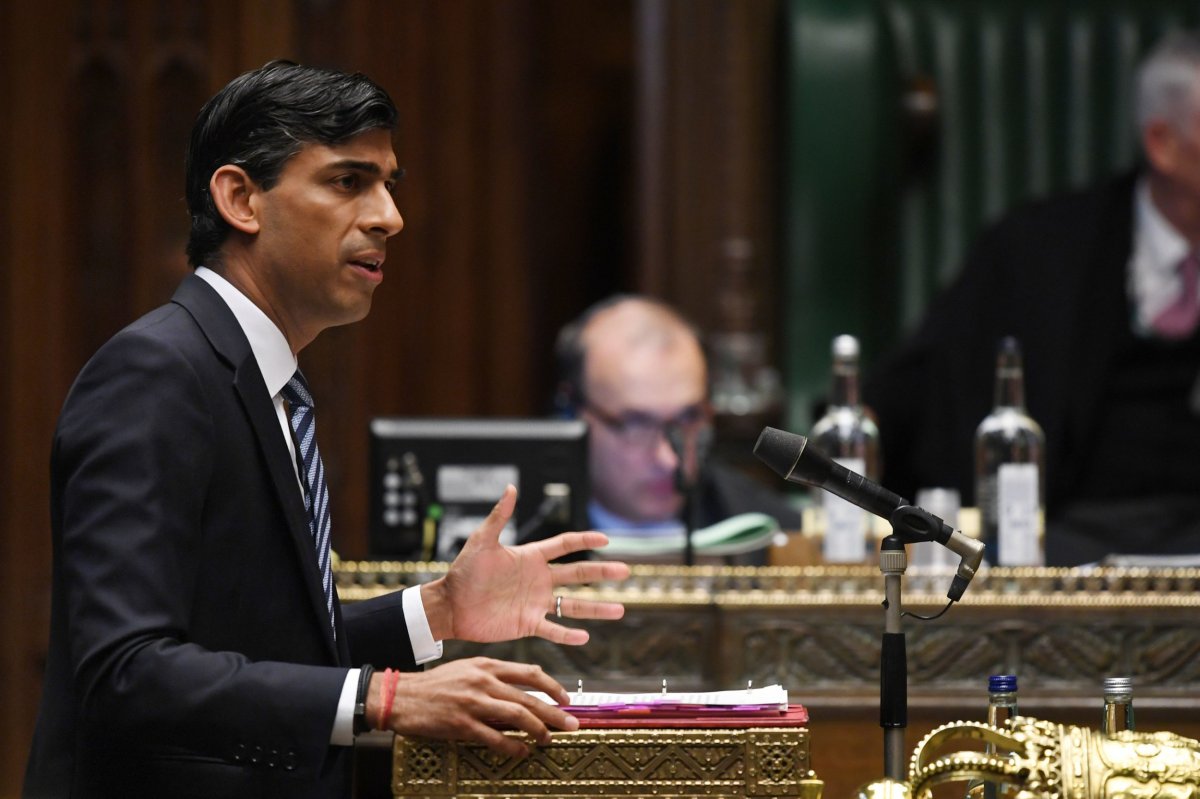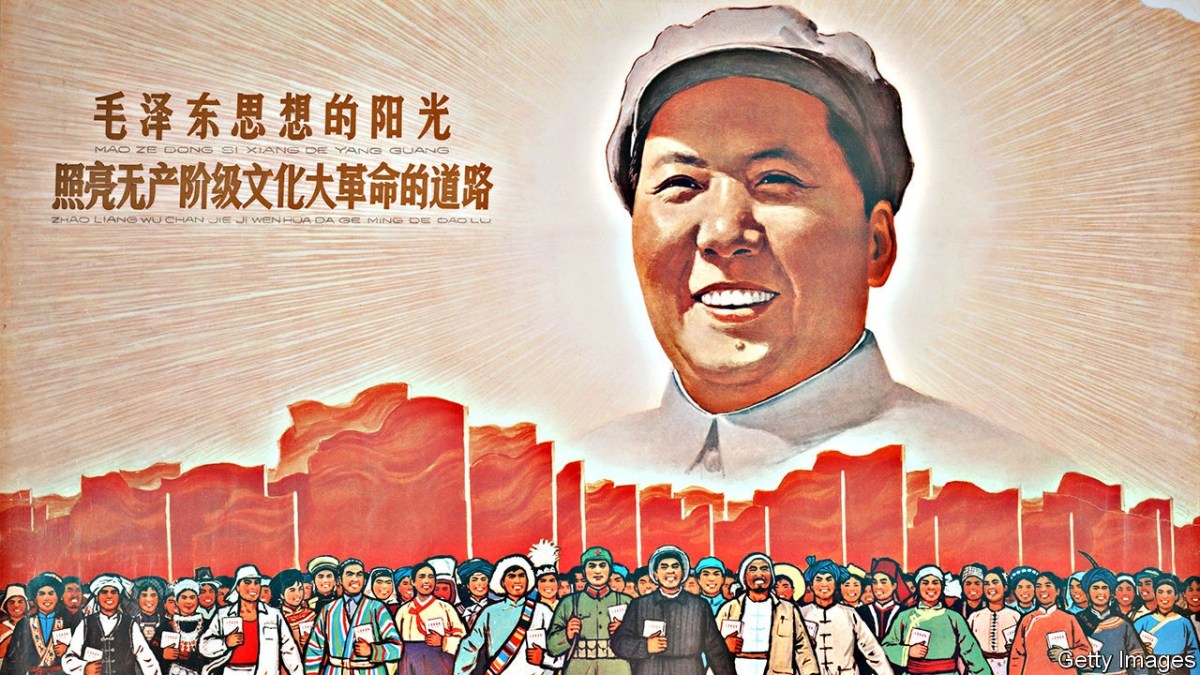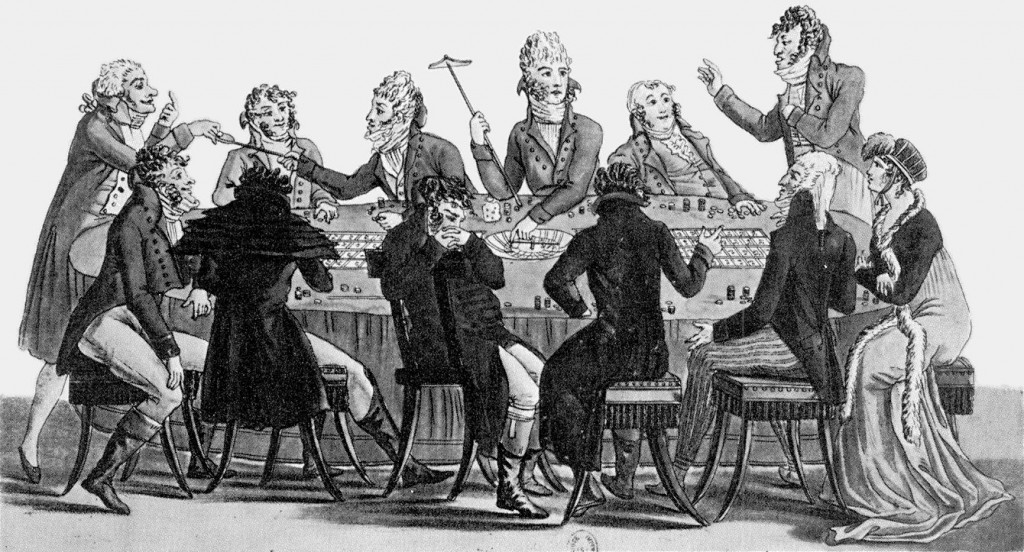This long-read article was written by second former Gavin Sivakumaran.
Estimated read time: 8 minutes
The Belt and Road Initiative (BRI) is a $1,300,000,000 plan which was initiated by Xi Jinping, the President of China in 2013. Various nations in Africa, Asia and Europe are interconnected with China through land and oceanic networks like highways, seaports and railroads. More than 65 have signed up to the Initiative, to strengthen globalisation across the world, develop economies and infrastructure in countries that are struggling, and open world trade. In this essay, I will judge whether the receiving countries have benefited from China’s Belt and Road Initiative economically and socially. I will look at the projects that have happened in the country, how successful they were and how much debt the country has to China. I will also conclude whether countries have benefited from the Belt and Road Initiative.
In 2010, China had partially moved out of the manufacturing sector, so it experienced a growth decline. So, the Government thought that investing in other countries could create a lot of money because if the country grows very quickly and pays back loans and interest to China, China could earn a lot of money. However, many critics of the BRI state that China is using the BRI to increase leverage over LICs countries and making them depend on China for their development, leading to China becoming the next global superpower.
Sri Lanka is one of the countries that is part of the Belt and Road Initiative (BRI). Hambantota Port, a maritime port, was built by China Harbour Engineering Company and with Chinese loans. It was built because more than 23,000 ships pass Hambantota (a district in Sri Lanka), so it would be a good location to load, dock and refuel ships, and would hopefully generate a lot of money. As the port incurred heavy losses, making debt repayment difficult, in 2016 the newly-elected government, led by Ranil Wickremesinghe, decided to privatise an 80% stake of the port and give it to China Merchants Port Holdings Co. for $1.1 billion on a 99-year lease, to raise foreign exchange. The port was built by Chinese people and the shipping workers who work there are mainly Chinese people. The Mattala Rajapaksa International Airport is another example of an infrastructure project that is part of the Belt and Road Initiative. Although Sri Lanka was able to pay for the airport, it had a low number of flights, so it has been dubbed as ‘The World’s Emptiest Airport.’ In addition to this, China has built many factories, highways and power plants in Sri Lanka. Sri Lanka has not been able to pay back for all of these. As of 2020, there is still an ongoing project called Colombo International Financial Centre better known as Port City Colombo, which will be an environmentally sustainable SEZ (Special Economic Zone), costing $15 billion and is what the Sri Lankan Government believes will generate enough money to pay off all Sri Lanka’s debt and attract top international investors. Most of the construction workers that are working on this project are Chinese but China promises that the SEZ (Special Economic Zone) will create 80,000 new jobs when completed for Sri Lankans. In Sri Lanka, the economic gains from the BRI are less obvious since most of the projects have been given back to China or have not received their full potential; they can be described as a ‘white elephant,’ which means a non-valuable object which its owner cannot easily dispose of. Additionally, social gains are also not obvious because most of the people building the infrastructure in Sri Lanka are Chinese and they also dominate the number of people who work in these projects after construction (shipping workers etc.). Therefore, the BRI has not been beneficial in Sri Lanka.
Maldives is also one of the countries that is part of the Belt and Road Initiative (BRI). Under the Presidency of Abdullah Yameen, Maldives undertook many China-funded projects. This includes the expansion of their only airport, the construction of several resorts and the construction of the China Maldives Friendship Bridge, which is a bridge that interconnects the island of the capital of Maldives, Malé with the island in which Velana International Airport (Maldives’s only airport) is located. This bridge brought economic and social benefits to the Maldives. Before the bridge was constructed, travellers would have to travel by boat to reach the capital. This bridge allowed taxi drivers in Malé to pick up fares from Velana International Airport. Also, the building of several resorts has created jobs for the locals in the Maldives. In 2018, Maldives owed $600m directly to China (which they have borrowed for housing, the expansion of the airport and the construction of bridges) and was liable for another $935m of guaranteed loans (which they have borrowed for power infrastructure, building resorts and road infrastructure). Altogether, debt to China amounted to one-third of their GDP in 2019. This shows that the Maldives has not benefited economically. Socially, jobs have been created from resorts built by China and taxi drivers have been able to earn more because they can now pick up fares from Velana Airport. Consequently, the BRI has been quite beneficial to the Maldives.
Pakistan is another country that is part of the Belt and Road Initiative (BRI). In 2013, CPEC (China Pakistan Economic Corridor) was introduced by Chinese Premier Li Keqiang and Pakistani President Asif Ali Zardari to further enhance connectivity between the two countries. China and Pakistan are such good friends that during Xi Jinping’s visit to Pakistan, he stated ‘This will be my first trip to Pakistan, but I feel as if I am going to visit the home of my brother.’ CPEC projects that have already built and that are still being built include several hydropower projects, a railway linking the cities of Karachi and Peshawar, a freight railway linking Kunming and Karachi, Gwadar Port, Gwadar Port City (which includes a coal plant and hospital) and Gwadar International Airport. Most of the people who are building these projects are Chinese workers. $17 billion was owed to China by Pakistan by 2020 (6.25% of GDP that year). In Gwadar, China’s promises of better infrastructure and job creation have not materialised. Most of the people who work in Gwadar Port are Chinese and most Pakistanis living in Gwadar fear that once the Gwadar Port project is finished, they won’t be able to work there, because they think that Chinese workers will be brought to work there. The China-Pakistan Economic Corridor has raised the expatriate population, which has grown from 20,000 in 2013 to 60,000 in 2018. Also, the Pakistanis in Gwadar cannot continue fishing (the main economic activity in Gwadar) because land reclamation cuts their access to the sea. In 2020, China built a joint naval and air force base in Pakistan. Economic benefits are not apparent because Pakistan has huge sums of debt to China. Furthermore, social gains are less obvious because the people of Gwadar cannot continue their jobs of fishing due to land reclamation for Gwadar Port and they fear that the jobs created by CPEC will be taken by the Chinese expatriate population entering the country. Therefore, the BRI has not benefited Pakistan.
Kazakhstan is another country that is part of the Belt and Road Initiative (BRI). With the help of China, Kazakhstan has built a multimillion-dollar land port, special economic zone and town with the help of China. All of this was built near the most landlocked, remote place on Earth called the Eurasian Point of Inaccessibility. Kazakhstan and China chose this area to lure manufacturers to the area that might want to take advantage of an overland shipping route to Europe, establishing Kazakhstan as a logistics and manufacturing hub. The infrastructure projects that China has built in Kazakhstan are on the border between the two countries, next to the Xinjiang Province in China. The land port (Khorgos Land Port) is the largest land port in the world. Once the port was built it didn’t attract many clients. Recently, there has been a steady increase, due to heavy subsidies given by the Chinese Government to companies that use the route. Additionally, less cargo has come back from Europe due to the trade imbalance. Looking at how ambitious the Kazakhstan and Chinese Governments were about the project, their predictions have been very higher than reality. Khorgos Land Port had 160,000 TEU of cargo going through the port in 2019. To put that into perspective, Shanghai, the world’s busiest port, had 43.3 million TEU of cargo going through the port in 2019. That is roughly 270 times Khorgos’s amount. Economic gains in Kazakhstan are quite clear because there has been an increase in clients using the Khorgos port. Consequently, the BRI has been quite beneficial to Kazakhstan.
UK is one of the countries that is part of the Belt and Road Initiative (BRI). The Yiwu-London freight train was launched in January 2017. As of 2018, the network had expanded to cover 48 Chinese cities and 42 European destinations, delivering goods between China and Europe. This railway line has not only boosted China – UK trade but has also increased China-Europe. Figures show that nearly 3000 trains between January and April 2020, carrying roughly 262,000 TEU. Economic gains in the UK are very clear due to the increase in trade from the BRI. Therefore, the BRI has benefited the UK.
Djibouti is another country that is part of the Belt and Road Initiative (BRI). Data shows that in 2020, Djibouti’s debt to China accounted for more than 70% of its GDP. China has constructed two airports in Djibouti, extended Doraleh Port and built a naval base. There have been concerns that China will turn many of the ports constructed across the Indian Ocean into naval bases, to increase its military presence across the world and control the Indian Ocean shipping route. Economic gains in Djibouti are less obvious since debt to China accounts for more than 70% of their GDP. And although Djibouti’s Government agreed to build a naval base for China, this may begin a “String of Pearls” and will affect other countries across the Indian Ocean. Consequently, the BRI has not benefited Djibouti.
In conclusion, receiving countries have not benefited from the BRI. Many countries have had to sell back projects to China or are in large debt to them. China is using what is referred to as debt-trap diplomacy (where a powerful lending country brings a borrowing country into a debt-trap and increases its leverage over it) to try and become the global superpower. Furthermore, China believes that by creating a network of dependencies across Asia, Africa, Europe and Latin America, China will be able to have more influence around the globe (This is known as Infrastructure Imperialism or Infrastructure Diplomacy). The String of Pearls theory, which predicts that China is trying to establish a string of naval bases in the Indian Ocean that will allow it to station ships and guard shipping routes that move through the region (the Indian Ocean is the home to one of the largest shipping routes in the world that interconnect Africa and the Middle East with South East Asia), is likely to become true.










